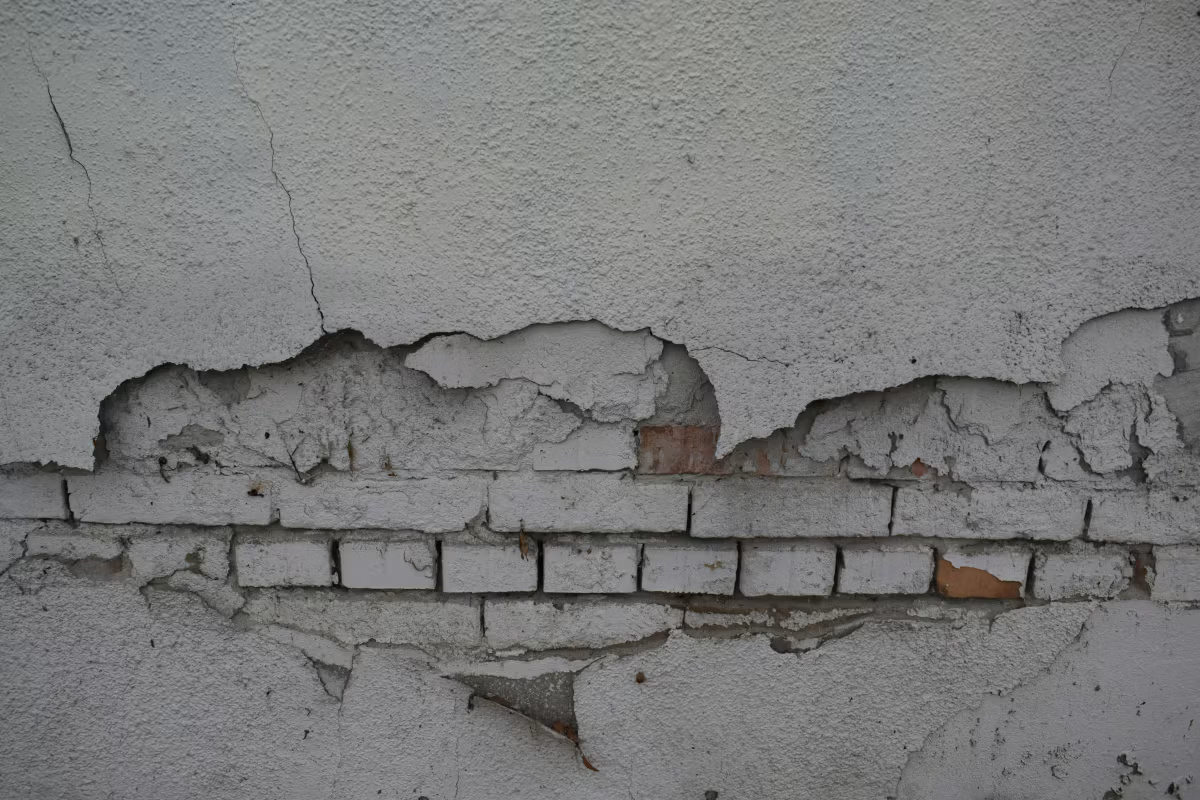There's a critical aspect that every homeowner must consider before embarking on any home improvement endeavor: the licensing status of their contractor. While Colorado lacks a statewide licensing requirement for contractors, each local municipality sets its own standards, making it crucial for homeowners to navigate the maze of regulations to ensure compliance and protect their investments. Here's a quick guide to a few important legal implications of hiring an unlicensed contractor in Colorado:
Understanding Colorado's Licensing Landscape
Unlike many states with stringent statewide licensing mandates for contractors, Colorado adopts a decentralized approach. Instead of a blanket license, each local jurisdiction, such as cities and counties, imposes its own set of licensing requirements. These can vary significantly, encompassing everything from general construction work to specialized trades like electrical and plumbing.
The Importance of Permits in Structural Renovations
In Colorado, municipalities typically mandate permits for structural renovations involving expansions, electrical rewiring, plumbing installations, and other significant alterations. Alongside these permits, contractors undertaking such projects are often required to hold valid licenses specific to their trade. Failure to comply can lead to severe consequences for both the contractor and the homeowner. These penalties can include fines as well as the complete removal of the improvement under certain circumstances.
Recourse for Homeowners Hiring An Unlicensed Contractor
When a homeowner unwittingly engages an unlicensed contractor for a project requiring licensure, they are not without options. Following are a few avenues of recourse that a homeowner can seek when they have hired an unlicensed contractor:
Void Contracts: In the eyes of Colorado law, contracts with unlicensed contractors for projects requiring licensure are deemed void. This means that homeowners may have grounds to challenge the validity of the contract, potentially sparing them from financial liability for incomplete or substandard work.
Consumer Protection Act: Colorado's Consumer Protection Act also serves as a formidable shield for homeowners facing the fallout of hiring unlicensed contractors. Under this legislation, the failure to obtain necessary licenses or permits constitutes a deceptive trade practice. Should homeowners pursue legal action and succeed under this act, they may be entitled to actual damages, treble damages (three times their actual losses), along with reimbursement for attorney fees.
When to Speak With and Hire a Construction Lawyer
While the allure of embarking on home improvement projects in Colorado is undeniable, navigating the legal landscape of contractor licensing is paramount. By understanding the intricacies of local regulations and the potential repercussions of engaging unlicensed contractors, homeowners can protect their investments and ensure their projects proceed smoothly within the bounds of the law. Every homeowner who has hired an unlicensed contractor should seek advice from a qualified Colorado construction lawyer to discuss the particulars of their case. A good lawyer can review the project documents, assess potential legal claims, and help you present a strong case against the unlicensed contractor to obtain any damages you have incurred from the work they have performed.
Hollington Law Firm specializes in representing Colorado homeowners in construction defect litigation, which include issues with retaining unlicensed contractors. If you would like to schedule a time to speak with our Colorado construction defect lawyer, please do not hesitate to book your consultation today.
Have Questions About Consumer Protection?
Our experienced construction defect attorneys are here to help. Schedule a free 15-minute screening call to discuss your situation.

